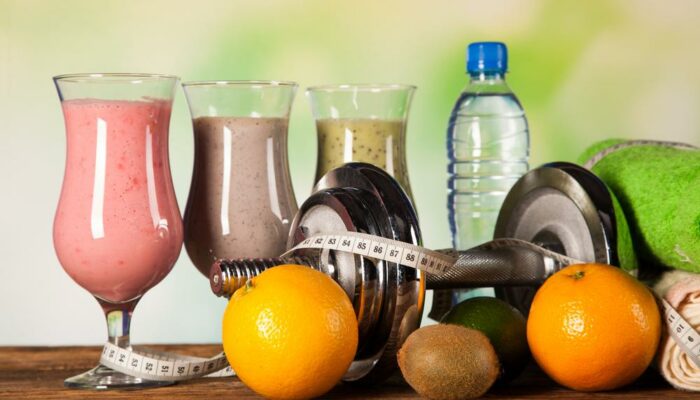
5 Diet and Nutrition Tips for Ulcerative Colitis Patients
Ulcerative colitis is an inflammatory autoimmune disease that affects the large intestine and rectum, causing discomfort in bowel activity. They are caused when the immune system mistakenly destroys or attacks its own cells and tissues. It is categorized under inflammatory bowel diseases (IBD), and causes ulcers on the inner lining of the intestine. The the most common symptom is blood and mucus in stool. Ulcerative colitis is a chronic disease, but it can be managed.
The diet chart for people with ulcerative colitis varies from person to person depending on the intensity of the condition and the symptoms experienced. Mentioned here are some generalized diet tips for ulcerative colitis patients to relieve the symptoms and manage the condition effectively:
1. Avoid milk and milk products
The condition is mostly accompanied by lactose intolerance. The lactose in the food is digested and assimilated in the small intestine, which is affected by the anomaly in the large intestine. So, it is better for people with this chronic condition to avoid lactose to prevent aggravating pain and discomfort.
2. Low fiber consumption
A high-fiber diet is usually suggested for proper bowel activity, better digestion, and proper excretion, but since ulcerative colitis affects the large intestine, it causes inflammation, soreness, and extreme pain during bowel activity. To relax the muscles, patients should follow a low-fiber diet to avoid stressing the abdominal muscles any further.
3. Avoid spicy food
Spicy food can directly trigger abdominal cramps and pain during bowel activity, so opting for non-spicy foods is a good option for patients. Another helpful diet tip for people with ulcerative colitis patients is to eat boiled food.
4. High calorie intake
Increasing their calorie intake is one of the most recommended diet tips for ulcerative colitis patients. This is because the restricted diet and the recurring discomfort causes extreme weight loss and may also lead to malnutrition. To avoid such situations, patients are advised to increase their calorie intake to compensate for the lack of nutrition in the body.
5. Low fat intake
The condition can affect the normal digestion process greatly, and it may also interfere with the digestion of fatty acids and lipid components, causing indigestion, nausea, and cramps. Individuals showing such symptoms should reduce their intake of fatty food.
These diet tips for ulcerative colitis should be followed alongside medication and treatment to manage the condition. In case the condition worsens, patients can consult an expert nutritionist to formulate a strict diet plan. The symptoms and the intensity of the condition vary from person to person, so the diet should be suitable for the patient.



